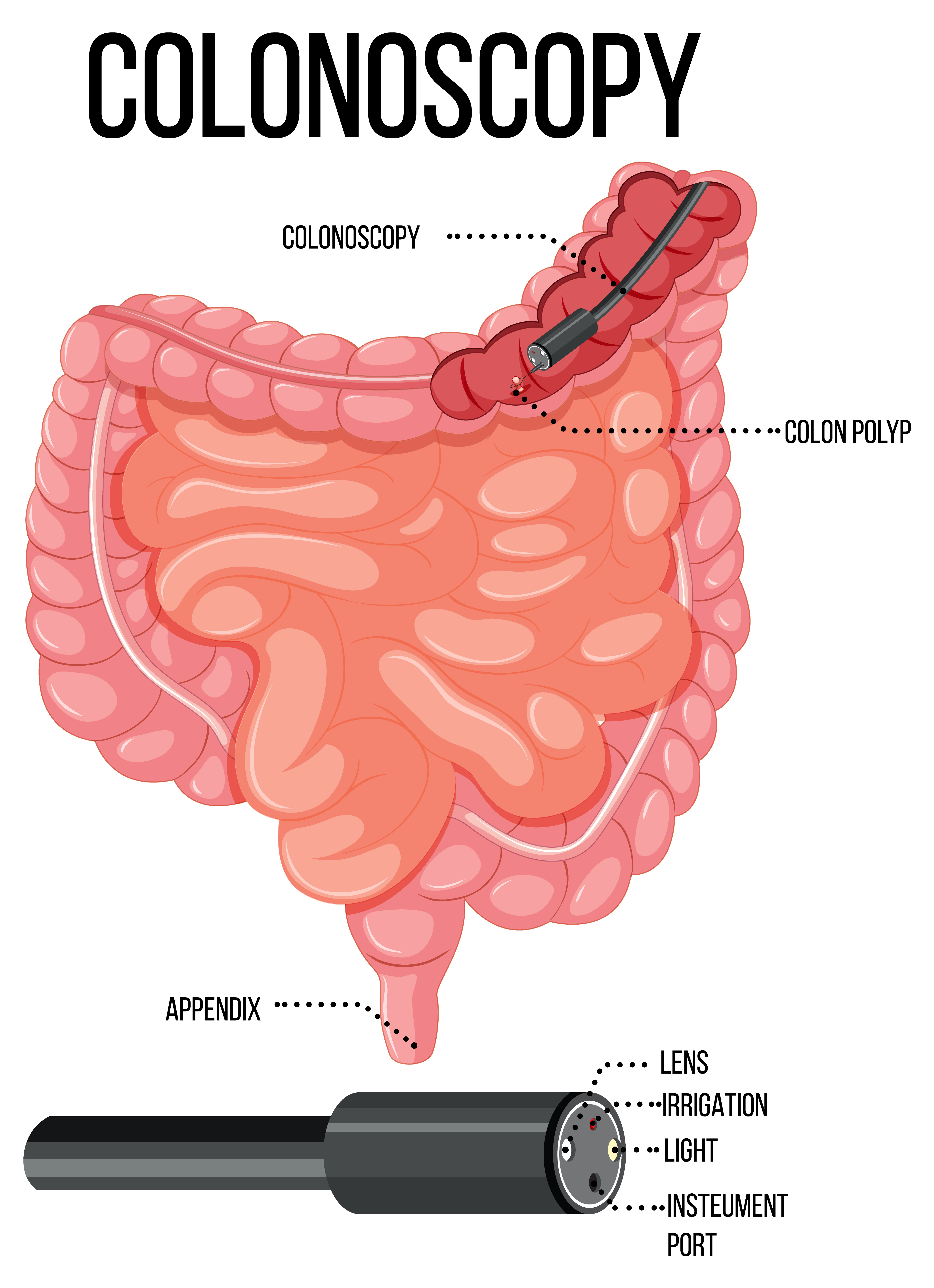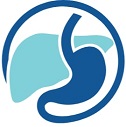Emergency Cases
Opening Hours
Monday to Saturday
09:00 am – 10.00 pm
Sunday
09:00 am – 5.00 pm
Colonoscopy
Colonoscopy is a medical procedure used to examine the inside of the colon (large intestine) and rectum. It is performed using a long, flexible tube called a colonoscope, which has a camera and light at the end to allow for visualization of the inside of the colon
Why is Colonoscopy Performed?
Colonoscopy is recommended for several reasons, including:
- Colon Cancer Screening: Colonoscopy is the gold standard for colon cancer screening, as it allows for the detection and removal of precancerous polyps before they develop into cancer.
- Unexplained Changes in Bowel Habits: If you are experiencing changes in your bowel habits, such as chronic diarrhea or constipation, blood in your stools, or unexplained abdominal pain, a colonoscopy may be recommended to identify the underlying cause.
- Family History of Colon Cancer: If you have a family history of colon cancer, your doctor may recommend a colonoscopy to screen for the disease at an earlier age.
- Inflammatory Bowel Disease: If you have been diagnosed with inflammatory bowel disease (IBD), such as ulcerative colitis or Crohn’s disease, your doctor may recommend regular colonoscopies to monitor for inflammation and other changes in the colon.
- Colon Polyps: If you have been previously diagnosed with colon polyps, a colonoscopy may be recommended to check for the presence of any new polyps and remove them before they develop into cancer.
How is Colonoscopy Performed?
Before the procedure, you will be asked to follow a special diet to help empty your colon. You may also need to take laxatives to help cleanse your colon of any remaining stool.
During the procedure, you will lie on your side on an exam table. The colonoscope will be passed through your rectum and into your colon. You may feel some discomfort or pressure as the scope is inserted, but most people tolerate the procedure well.
The camera at the end of the colonoscope will send images to a monitor, which the doctor will use to examine the inside of your colon. The doctor may also use small tools to take samples of tissue (biopsy) or to remove polyps or other abnormalities.
The procedure usually takes between 30 minutes to an hour, depending on what needs to be done.
What are the Risks of Colonoscopy?
Colonoscopy is generally a safe procedure, but like any medical procedure, there are some risks. These may include:
- Bleeding: In rare cases, the colonoscope may cause bleeding in the colon.
- Perforation: In rare cases, the colonoscope may puncture the wall of the colon, which can cause infection or other complications.
- Reaction to Sedatives: Some people may have an allergic reaction to the sedatives used during the procedure.
- Aspiration: If you have a history of lung problems, you may be at risk of aspirating (inhaling) stomach contents during the procedure.
- Discomfort: You may experience some discomfort or cramping during and after the procedure.
Our doctor will discuss the risks and benefits of the procedure with you before it is performed.
What Happens After Colonoscopy?
After the procedure, you will be monitored for a short period of time to ensure that you have recovered from the sedative. You may feel drowsy for a few hours after the procedure, so it is important to arrange for someone to drive you home. You may also experience some mild discomfort or bloating in your abdomen, but this should go away within a day or two. our doctor will give you instructions on how to care for yourself after the procedure and when you can resume normal activities


